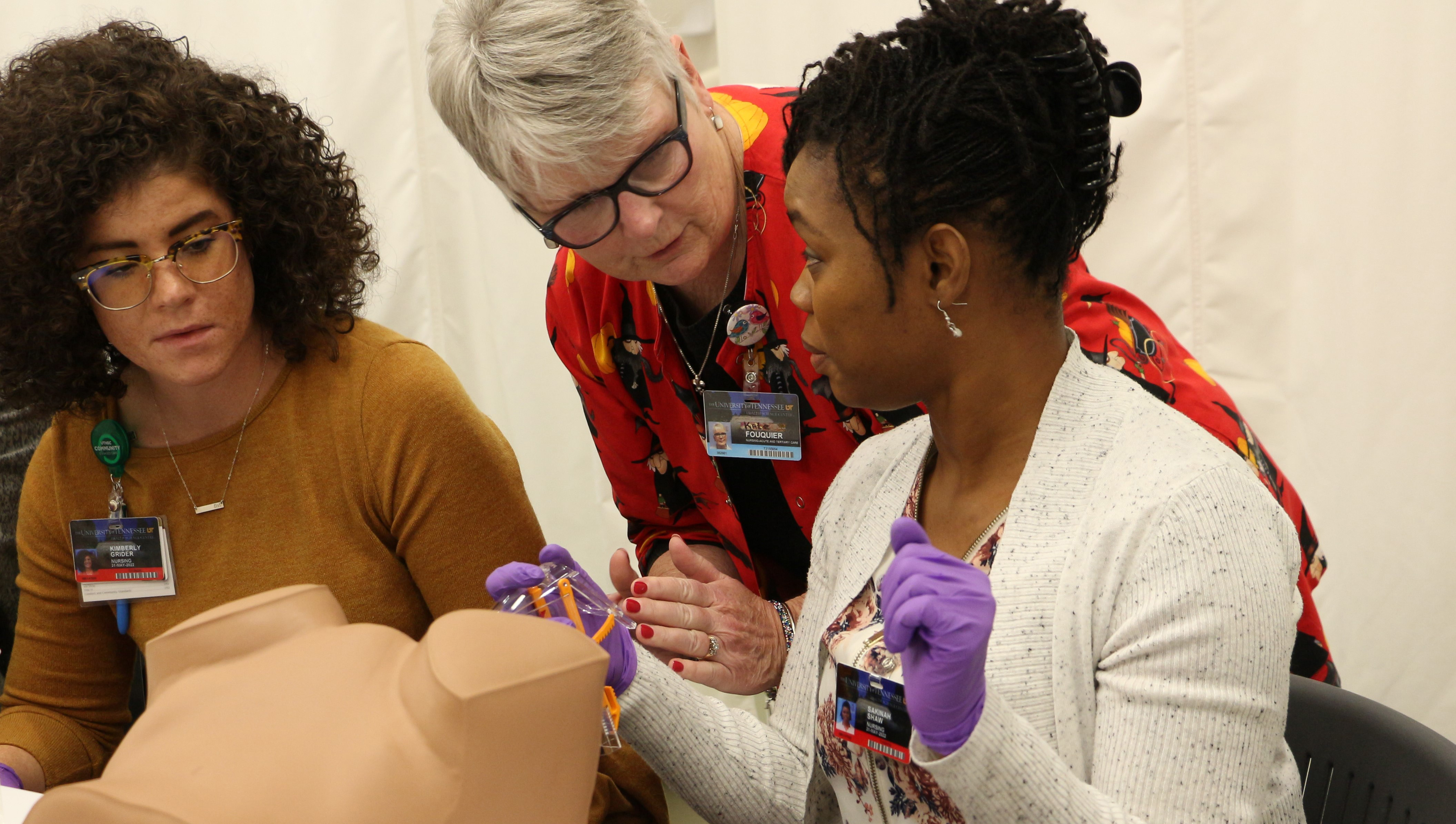DOI
10.21007/con.dnp.2022.0042
Faculty Advisor
Dwayne Accardo, DNP, CRNA, APRN
Clinical Site
Methodist Hospital
Document Type
Poster
Publication Date
Spring 5-4-2022
Abstract
Purpose/Background Enhance Recovery After Surgery (ERAS) protocols are multimodal transdisciplinary care guidelines that can improve clinical outcomes and cost savings. Although surgical practices currently vary significantly among healthcare institutions, perioperative outcomes and safety appear to improve with ERAS pathways. This scoping review evaluates patient outcomes and satisfaction in adult patients during their first week postoperatively while utilizing ERAS pathways.
Methods This scoping review includes a variety of peer-reviewed and published academic journals within the last five years to guarantee the information surveyed is current. Even though this scoping review focuses on the interdisciplinary method to executing ERAS pathways, studies demonstrating alternate approaches were included to ratify evidence-based interventions. Databases utilized for this review include EBSCO, CINAHL, Pubmed, and Medline. The literature search resulted in 2,222 articles meeting initial criteria but was narrowed down based on level of evidence, citation, methodology, sample/setting, data analysis, description, results/findings, and evaluation of practice worth.
Results Although many outcomes were examined throughout the literature, postoperative complications, patient outcomes, LOS, and potential savings were most common. Additionally, the RCTs included in this scoping review encompassed many measured results. Nearly all of the published ERAS trials and studies analyzed demonstrated a reduction in LOS and postoperative complications with the use of ERAS interventions when compared to traditional postoperative surgery guidelines.
Implications for Nursing Practice Overwhelming evidence supports the implementation of standardized, evidence-based ERAS pathways to decrease surgical costs and improve surgical outcomes. However, variations in the capabilities of different healthcare systems currently limit the implantation of every possible ERAS intervention. Implications for nursing practice emphasize further implication and participation of standardized ERAS guidelines for surgical patients during all phases of their perioperative journey.
Recommended Citation
Stoner, Christopher N. BSN, RN; Priest, Alex R. BSN, RN; and Accardo, Dwayne DNP, CRNA, APRN , "Implementation of Enhanced Recovery After Surgery (ERAS) Guidelines: A Comprehensive Interdisciplinary Approach" (2022). Doctor of Nursing Practice Projects. Paper 42. http://dx.doi.org/10.21007/con.dnp.2022.0042.
https://dc.uthsc.edu/dnp/42


